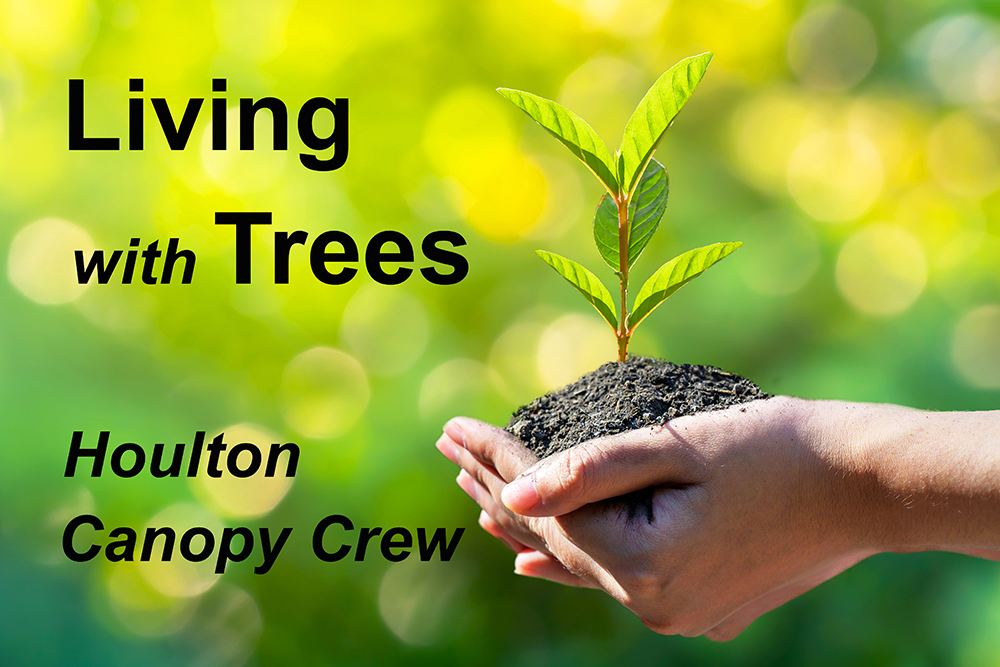As we are going into winter, the last thing on many of our minds are the pollinators that we associate with spring and summer. In Maine, many bees and other pollinators are going into hibernation from November into February and beyond.
Most of us are familiar with honeybees, but there are also more than 4,000 different species of native bees in North America. Beyond bees, pollinators include butterflies, moths, wasps, beetles and even flies. As they are a vital part of our way of agricultural life, what can you do to support our pollinators that we depend on?
Going into winter, the main things you can do are to create welcoming places for your local bees, butterflies, and other insects to overwinter so they can emerge in the spring ready to check out the newly bloomed flowers.
Leaving leaves un-raked in your yard is one way to create insulation for these insects to survive our cold Maine winters. Beyond that, you can save the stems of your yard brush you might be cutting back before the snow. Small bees will create nests within them, and if you wait until late spring to fully cut them back, you have created a safe space for these solitary insects.
This is also the time to put off clearing away logs and snags (dead trees or stumps). These provide important shelter for burrowing insects. If you don’t want to leave sticks and logs in your yard, you can consider investing in a “bee box.” These come in varying sizes and create a welcoming (and cute) home for bees.
Winter is also the time that some of us plan our gardens for the next year. Thinking about bloom time can be key. If you aim for early and late blooming plans, you are creating more food sources for our pollinators. You can also plan to plant these in clusters so our flying friends conserve energy when collecting their food.
Creating welcoming places for pollinators is a net gain for everybody–good for your garden, your neighbors, and the Maine ecosystem in general. These insects that we are looking to attract to our yards are the friendly, non-aggressive bees that are happy to leave us alone when left alone themselves.
Before we know it, we will be through the winter. What says spring like a garden full of flowers and happy insects buzzing between the blooms, ensuring the future of not only our gardens at home, but up to 75 percent of our agricultural food sources?
These tips and ideas are brought to you by the Houlton Canopy Crew, committed to caring for trees and gardens.





